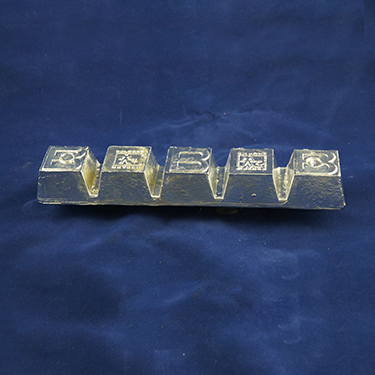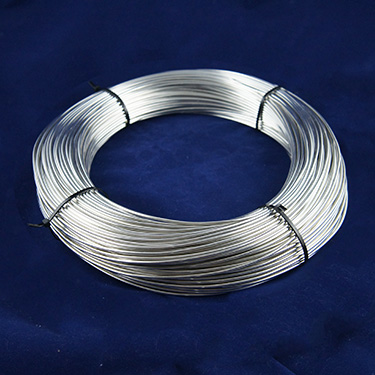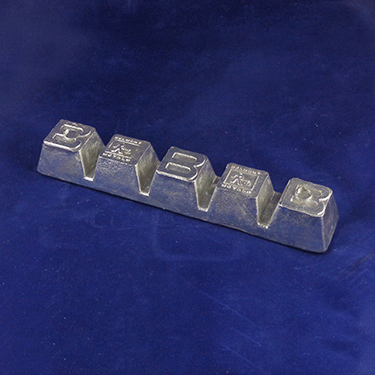Choosing the right Babbitt alloy helps to increase a bearing’s useful life Reliable machine operation depends on a properly working bearing assembly. If there is a failure within the bearing, such as a decrease in lubrication, the resulting heat from friction can not only decrease the life of the bearing but also cause equipment to…
Posteos Relacionados

Keep on rolling
Babbitt metals ensure machinery runs smoothly Bearings play an integral role in machine efficiency by reducing friction between moving parts. The earliest recorded examples of bearing usage date back to the Romans, and in the year 1500, Leonardo da Vinci sketched a design for a helicopter that incorporated ball bearings. Today, common types of bearings…

Safe sparklers
Using lead-free pewter alloys for making jewelry helps alleviate health concerns Adding lead to an alloy can help create characteristics—such as softness and lower melting temperatures—that are useful for many applications. However, lead also is a neurotoxin that is dangerous to animals and humans. Small children are more vulnerable to the effects of lead exposure…



